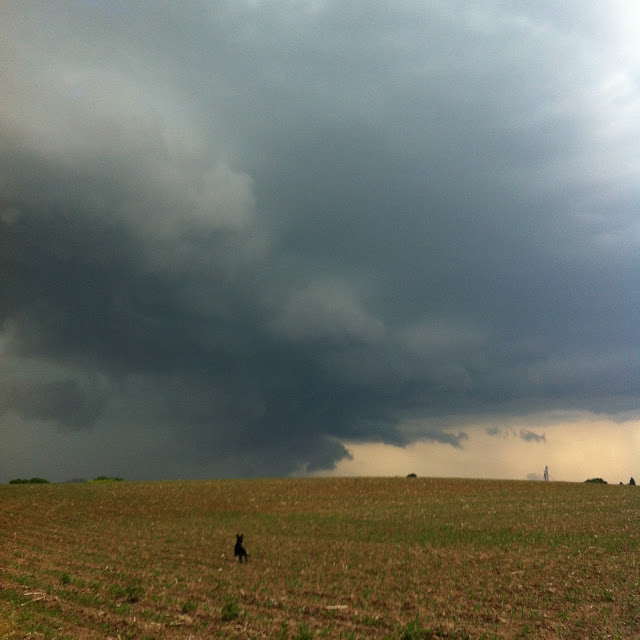This will never stop being my favorite.
"She
smiled -- though she was ashamed of it -- with the natural contempt of strength
for weakness, with the sense of physical security which makes the savage
merciless. Nobody could die while he felt like that inside. The springs
there were wound so tight that it would be a long while before there was any
slack in them. The life in there was rooted deep. She was going to
have a few things before she died. She realized that there were a great
many trains dashing east and west on the face of the continent that night, and
that they all carried young people who meant to have things. But the
difference was that she was going to get
them! That was all. Let people try to stop
her! She glowered at the rows of feckless bodies that lay sprawled in the
chairs. Let them try it once! Along with the yearning that came
from some deep part of her, that was selfless and exalted, Thea had a hard kind
of cockiness, a determination to get ahead. Well, there are passages in
life when that fierce, stubborn self-assertion will stand its ground after the
nobler feeling is overwhelmed and beaten under."
Willa Cather, The Song of the Lark
1937
.JPG) |
| Baya and the Thunderstorm, Wisconsin Summer, 2012 |


.JPG)
.JPG)
.JPG)